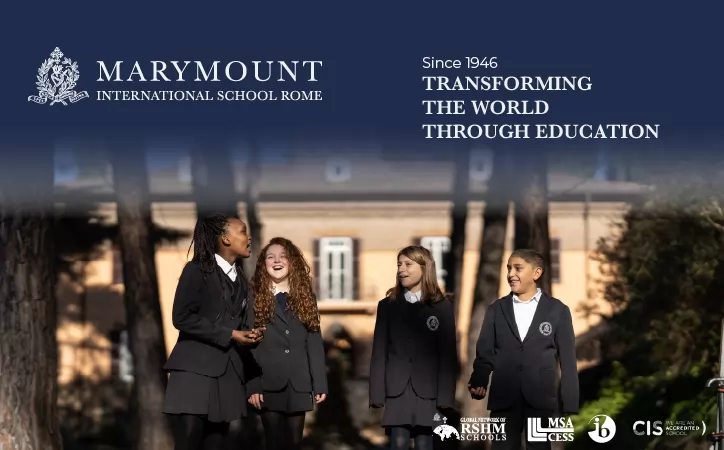The revival of Italian foreign policy
Foreign affairs is news once again in Italy. Last month the 19 NATO leaders plus Russias Vladimir Putin met just outside Rome to sign the Rome Declaration which brings Russia into the NATO council. A fortnight earlier, three Palestinians arrived in Italy as part of a United States-European Union brokered deal which ended a stand-off between Palestinian militants and Israeli forces around the Church of the Nativity in Bethlehem.
For some days it had seemed as if Italy had been leading the negotiations and that all 13 Palestinians would end up here. Prime minister and acting foreign minister Silvio Berlusconi has now offered Sicily as a possible venue for a major Middle East peace conference.
Measured in television footage and column space, Berlusconi is extremely successful both here and abroad. Not so long ago, mention of Italian foreign policy brought on bemused yawns or sarcastic questioning of whether such a thing existed. Then things began to change: at the beginning of the year, there was a row in the government over EU policy; the moderate foreign minister Renato Ruggiero, who had had the support of President Ciampi, was forced out and Berlusconi took over, supposedly for a limited period of three or perhaps six months. He has now said that he will stay on indefinitely.
Hype and photo opportunities are important in foreign affairs and the NATO summit was undoubtedly a success for Berlusconi as host. Personal relations are also relevant and here again it seems that the prime minister has established a rapport with both President Bush and President Putin (though on the television screen the smiles and embraces seemed to have all the warmth of those between Hollywood stars on Oscar night).
The ceremonial side was planned down to the last fork and marble statue from Naples, and was successfully executed (Star Wars meets the Roman Empire said the BBCs Brian Hanrahan). The document they all signed had been drawn up by careful diplomats long before and there was actually no time for any formal discussion and not much even for informal exchanges. Only time will tell whether having Russia as a member of the council will allow the country more leeway in Chechenia or give reassurance to the west, or help to control nuclear proliferation or developing world discontent. Whichever way it goes, Italy will be a junior partner, but the prestige of having provided the setting for the agreement will remain.
That other international event, the Bethlehem siege, is much more complicated. It was the Vatican which had the most interest in seeing the stand-off come to a peaceful conclusion and, as on previous occasions, Italy was brought in as an ally. Veteran politician and friend of the Vatican Giulio Andreotti acted as a go-between, trying to persuade the government to take all the militants. In previous governments, Andreotti had been foreign minister as well as holding most other cabinet posts, and this time he was conducting some unofficial diplomacy. The problem was that the government itself had been sending equivocal replies, and although parts of the coalition were happy to serve Vatican interests, both out of sympathy and in return for the electoral support they had received, others were distinctly unhappy at the idea of taking 13 men accused by Israel of being terrorists.
In the meantime the Israelis, the Palestinians and above all the Americans were acting as if Italy were going to take the men.
In the end, it was deputy prime minister Gianfranco Fini who said that Italy would not act unilaterally and that any negotiation should go through the EU. And so it went. The militants were distributed among the Roman Catholic European countries plus Greece where the Orthodox Church is close to the government. The winners in that story were first the Vatican, who regained control of the church in Bethlehem, then the Israelis and Palestinians, who were able to avoid turning the church into a charnel house, and finally US secretary of state Colin Powell, who demonstrated that the US has some control in the Middle East. The EU nations, and Italy among them, showed that they are still divided and are prepared to act only when someone or something else forces them to.
Italy is now ready to decide where her interests lie and fight openly for them. That at least is the theory, but Berlusconis dual role has meant that there has been an empty Italian seat at three of the most recent EU meetings for either heads of government or foreign ministers. However dynamic he is, he has not yet mastered the gift of ubiquity, and empty seats cannot defend national interests.
In any case, much supposed foreign policy is dealt with by other ministers in other multilateral meetings, including the agreement last month between interior ministers which laid the foundations of a single EU border police. The rest of Italys foreign affairs are much more low-key matters, essential but not front-page news: in the Balkans and the Adriatic there are Italian peacekeepers and law enforcement agencies trying to control organised crime, and there are international organisations which only specialists know about working on consolidating economic and political links in the area. In the medium and long term their effects will have more direct relevance than fine ceremonies in Rome.
















